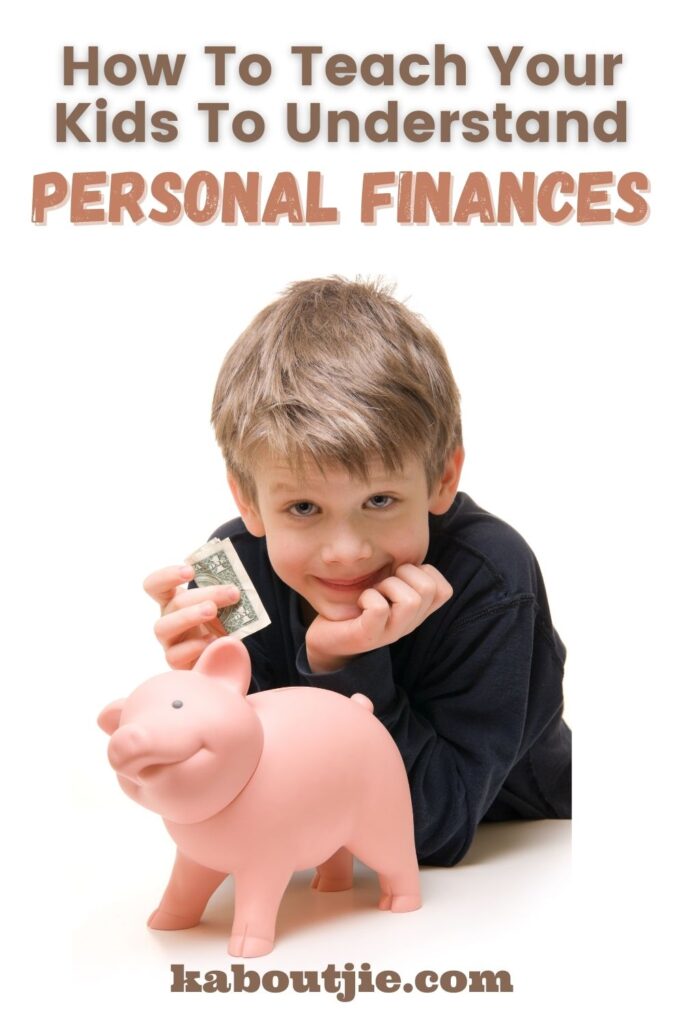Teaching your kids to understand personal finances is essential to their development. The task itself is critical, but it can be challenging to know the best ways to integrate these teachings in ways that will be solidified well into adulthood. Here we discuss ways to teach your kids about personal finances so that they are prepared for the future.

Teach Money Math
The first step is to show your kids how money works on a fundamental level. Kids will need to learn how to count coins and add up cash before using money correctly. You can teach your children how to count coins and dollars using candy to make the process more enjoyable. There are money math games online that children can use to enhance their counting skills. Games are a fun and interactive way to teach kids new information, which extends to money management.
Buy a debit card for kids
Many card providers are introducing a debit card for kids as a modern way to teach children about financing, read more here. These cards can be entirely controlled by the parent. Children will become accustomed to using a debit card to teach them how to use an actual debit card as they grow older. Getting into the habit of using money electronically is essential in today’s digital world, so these cards are a great way to get your kids started.
Integrate Chores to Earn Money
Part of understanding personal finances is learning how hard work plays a role in the process. Set up an allowance system that gives your kid a way to earn money while learning the value of hard work. Choose chores that require effort so they will feel satisfied earning money after putting in great effort. As an adult, managing and understanding personal finances requires hard work. Parents need to instill this principle early on so that their children will not be afraid to work hard for something that they want.
Teach Kids About Budgeting
A great way to show kids how to utilize personal finances is to have them make a list of regular expenses. Have your kid make a list of the things that they require you to purchase regularly. Some ideas include shampoo and conditioner, toothpaste, snacks, toys, clothing, etc. Once you have helped your child compile a list of items, help them add up the total. Encourage your child to contribute to these purchases with the money that they earned from chores. Keeping track of how much money they have made compared to how much money they need is a significant initial step to learning how to budget.
Teaching your children about financial responsibilities boils down to giving them opportunities to learn the skills in action. Focus on essentials like money counting, budgeting, and using money regularly through debit card transactions. These basic skills will help your child feel more confident around money, and this newfound positive attitude will benefit their money management skills in adulthood.
 Kaboutjie SA Mommy Blogs by Lynne Huysamen
Kaboutjie SA Mommy Blogs by Lynne Huysamen




